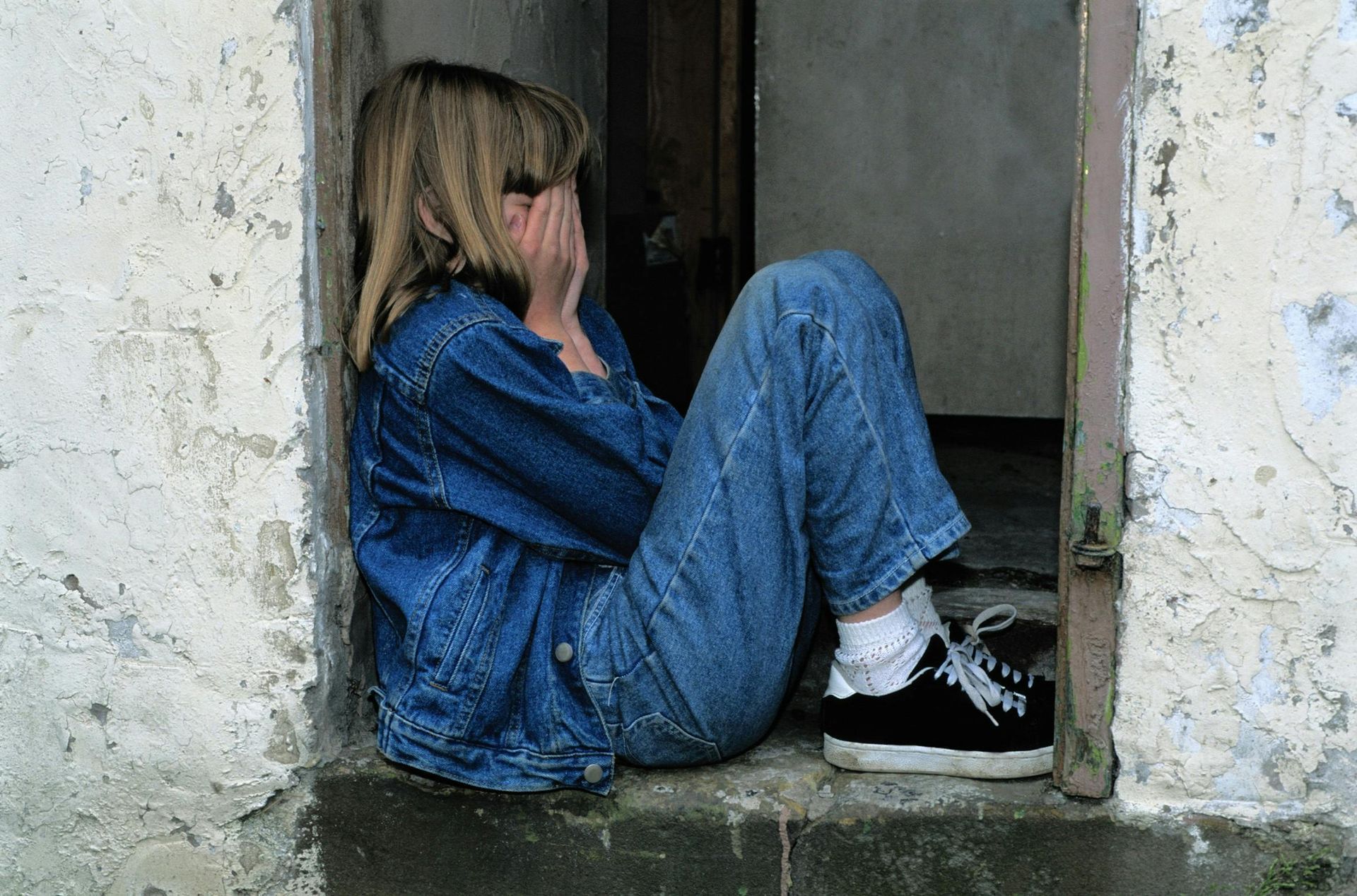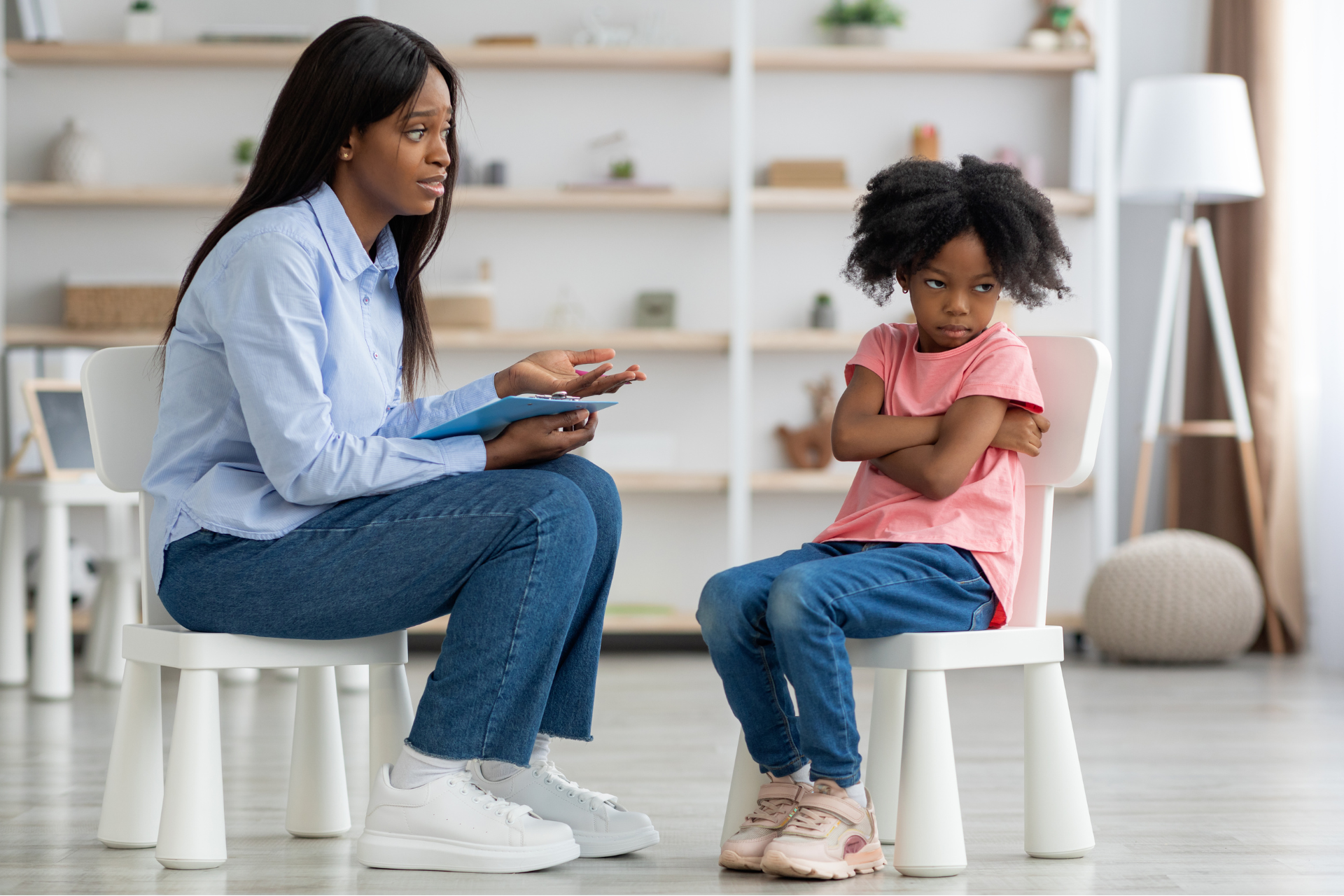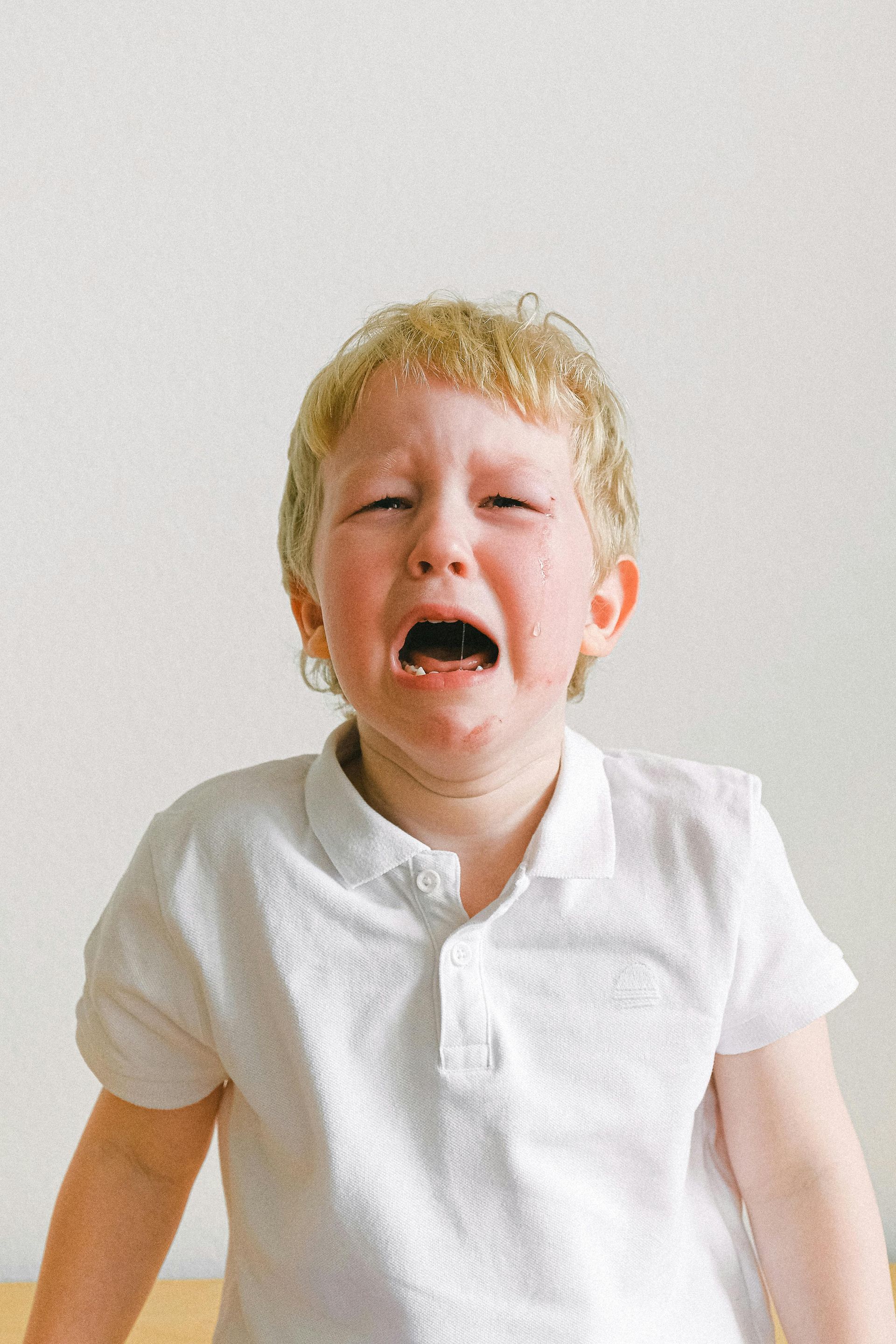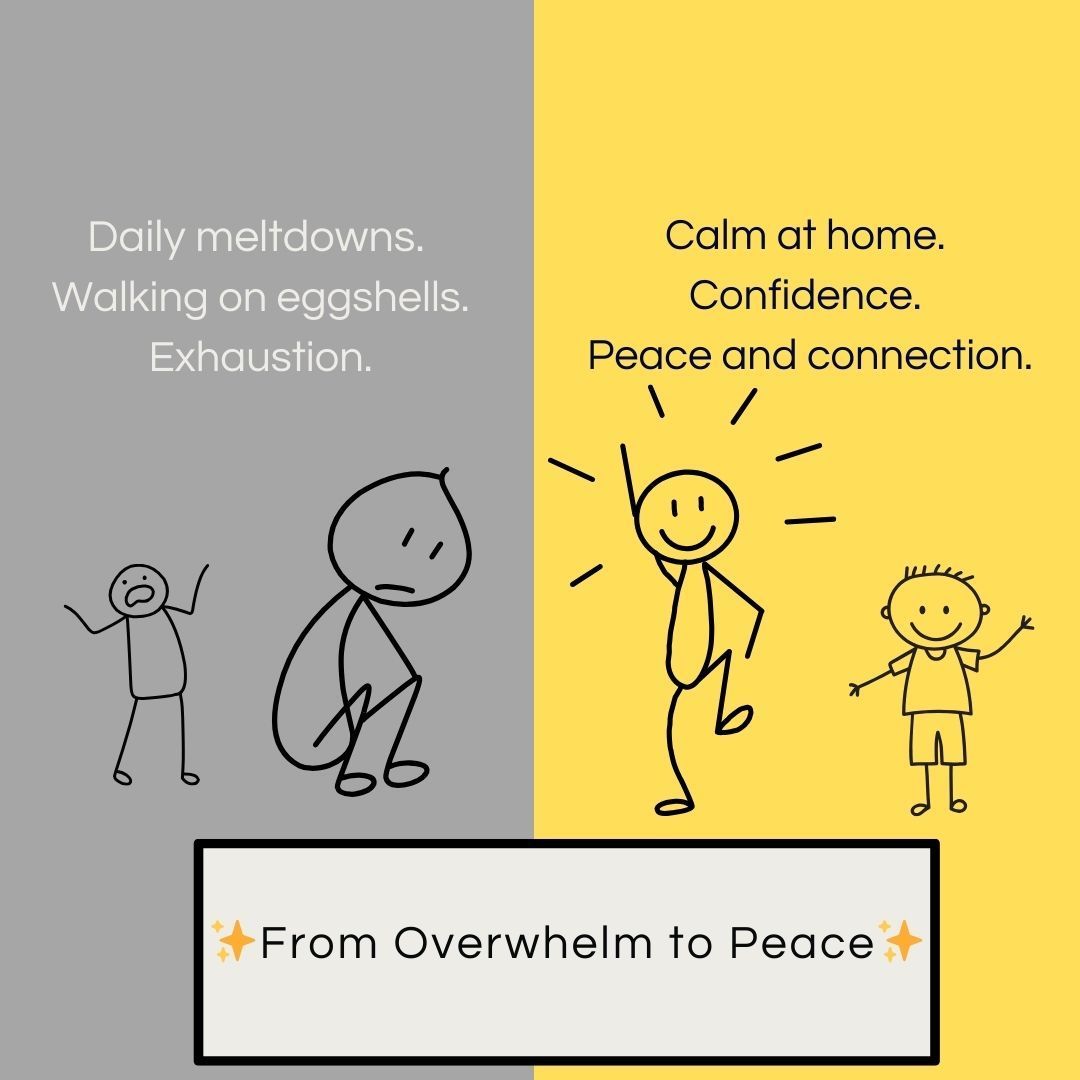Signs It's Time to Enroll in Gentle Parenting Classes:
In the journey of nurturing our little ones, we sometimes encounter challenges that leave us feeling unsure of our approach. For parents navigating the world of highly sensitive kids, these challenges can be even more pronounced. It's in these moments that seeking guidance and support through gentle parenting classes can make all the difference. Let's explore seven signs that indicate it may be time to enroll in such classes.
● Overwhelm and Frustration:
If you often find yourself feeling overwhelmed or frustrated by your child's behavior, it could be a sign that your current parenting strategies are not effectively addressing their needs. Highly sensitive kids may react more intensely to certain stimuli, requiring a gentler approach to discipline and communication.
● Strained Parent-Child Relationship:
A strained relationship with your child can be distressing for both parties. If you feel like there is a disconnect between you and your highly sensitive child, it may be time to explore new ways of fostering connection and understanding. Gentle parenting classes can provide valuable insights into building a strong bond based on empathy and mutual respect.
● Repetitive Power Struggles:
Constant power struggles between parent and child can create a negative cycle that is difficult to break. Highly sensitive kids may be more prone to resisting authority or feeling overwhelmed in confrontational situations. Learning alternative strategies for setting boundaries and resolving conflicts can help create a more harmonious family dynamic.
● Feeling Lost or Confused:
Parenthood doesn't come with a manual, and it's normal to feel lost or confused at times. If you find yourself unsure of how to navigate certain parenting challenges, seeking guidance from experienced professionals can provide much-needed clarity and reassurance. Gentle parenting classes offer practical advice and strategies tailored to the unique needs of highly sensitive children.
● Struggles with Emotional Regulation:
Highly sensitive kids may have difficulty regulating their emotions, leading to frequent meltdowns or outbursts. As a parent, supporting your child's emotional development is key to helping them navigate life's ups and downs with resilience. Gentle parenting classes can equip you with tools and techniques for nurturing emotional intelligence and coping skills in your child.
● Seeking a More Positive Approach:
If you're drawn to the idea of parenting with compassion and understanding, gentle parenting classes may be the perfect fit for you. Rather than relying on punishment or rewards, gentle parenting emphasizes communication, empathy, and cooperation. This approach can foster a more positive and respectful relationship between parent and child.
● Desire for Community and Support:
Parenting can sometimes feel like a lonely journey, especially when facing unique challenges such as raising a highly sensitive child. Joining a community of like-minded parents who understand your experiences can provide invaluable support and encouragement. Gentle parenting classes often offer a sense of belonging and camaraderie among participants.
Let’s Rewind:
Recognizing the signs that it's time to enroll in gentle parenting classes can be a transformative step toward building a deeper connection with your highly sensitive child. By investing in your own growth and education as a parent, you can create a nurturing environment where your child feels understood, valued, and loved. If you're ready to embark on this journey of discovery and connection, I invite you to explore my offerings at Sweet Spot Parent Coaching.
As a certified parent coach and pediatrician with personal experience as a sensitive parent, I, Dr. Ceara Deno, am dedicated to supporting sensitive families in creating peaceful homes and relationships. When you reach out to me, you'll find understanding, non-judgmental openness, and personalized support every step of the way. Let's work together to bring a powerful and peaceful transformation to your home. Schedule a consultation today to begin your journey toward a more harmonious family life.












